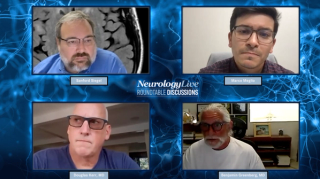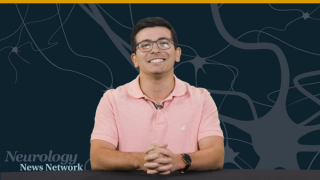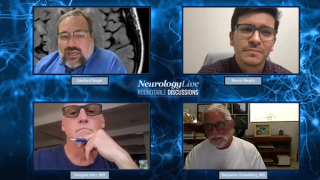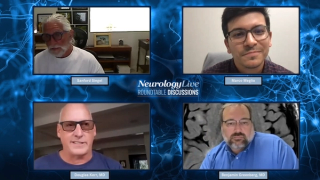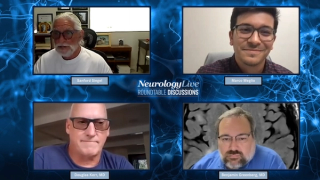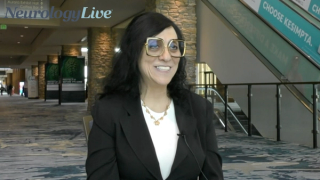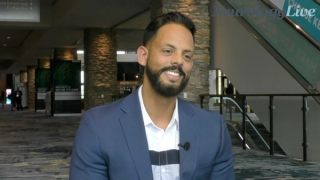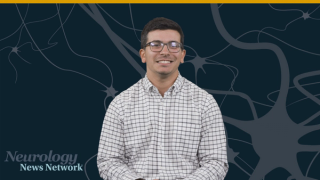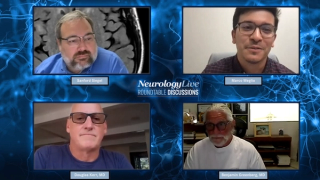
MS and Demyelinating Disorders
Latest News
Latest Videos

CME Content
More News

Here's some of what is coming soon to NeurologyLive® this week.
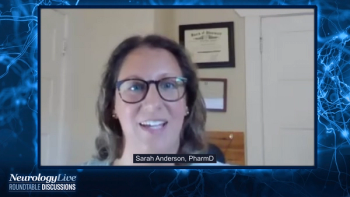
The group continues discussion about patient communication needs, and Sarah Anderson, PharmD, shares resources that the National MS Society offers to both patients and providers. [WATCH TIME: 9 minutes]

Test your neurology knowledge with NeurologyLive®'s weekly quiz series, featuring questions on a variety of clinical and historical neurology topics. This week's topic is ataxias.

Take 5 minutes to catch up on NeurologyLive®'s highlights from the week ending October 27, 2023.
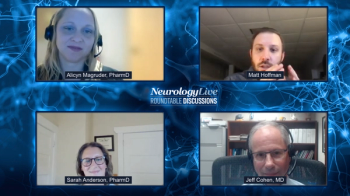
Jeff Cohen, MD, and Alicyn Magruder, PharmD, BCACP, MSCS, discuss the best practices when switching to a biosimilar therapy, including patient education and when to consider an insurance appeal. [WATCH TIME: 7 minutes]

If in-person interventions are unavailable, remote forms of telerehabilitation may be considered as a solution with very little cost-effectiveness and an easy option for physiotherapists and patients, even if it is for a short period of time.
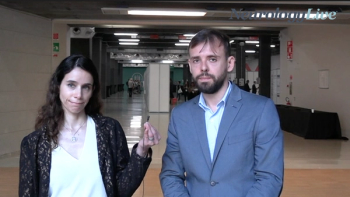
The neuroimmunologist at Clínica Alemana de Santiago and the head of the University Center for Multiple Sclerosis at Ramos Mejía Hospital talked about Latin America’s pursuit of expanding treatment options and patient inclusivity as a focus of neurological censuses in NMOSD. [WATCH TIME: 5 minutes]
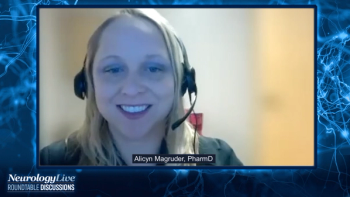
Alicyn Magruder, PharmD, BCACP, MSCS, offers insight into the pharmacist's role in patient education on biosimilars for MS, and the group discusses the potential need for a long-term monitoring system. [WATCH TIME: 10 minutes]

The director and founder of The MS Center for Innovations in Care provided perspective on some of the significant strides made in recent years to improve the care and access to affordable treatments for patients with multiple sclerosis.
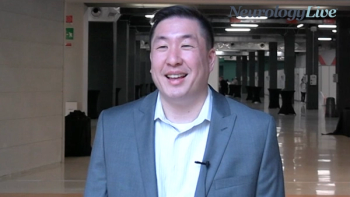
The associate professor of clinical neurology at the University of California, Irvine School of Medicine, discussed the use of a multiple sclerosis disease activity test and serum biomarkers in improving the landscape of care for patients. [WATCH TIME: 5 minutes]
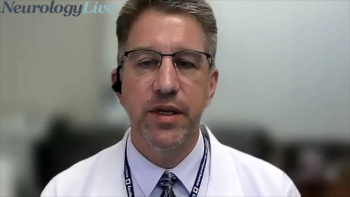
The vice-chair for research at Cleveland Clinic’s Neurological Institute provided commentary on the expanded research of GFAP in multiple sclerosis and whether certain biomarkers may predict treatment response. [WATCH TIME: 8]
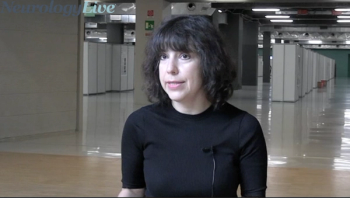
Key Clinical Red Flags for Differential Diagnosis of Multiple Sclerosis: Georgina Arrambide, MD, PhD
The clinical neurologist at the MS Center of Catalunya provided perspective on her presentation from MSMilan 2023, focusing in on key factors when diagnosing multiple sclerosis from other similarly presenting disorders. [WATCH TIME: 5 minutes]
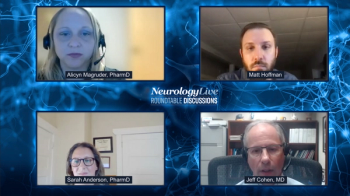
A group of panelists set the stage for the introduction of biosimilar therapies in multiple sclerosis care, and offer an overview of the current landscape of treatment. [WATCH TIME: 9 minutes]

Here's some of what is coming soon to NeurologyLive® this week.

Test your neurology knowledge with NeurologyLive®'s weekly quiz series, featuring questions on a variety of clinical and historical neurology topics. This week's topic is rare and genetic neurological disorders.

Take 5 minutes to catch up on NeurologyLive®'s highlights from the week ending October 20, 2023.
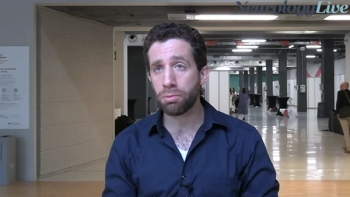
The research fellow at the Amsterdam University Medical Center provided thoughts on the possibilities of assessing cognitive decline in clinical settings for patients with multiple sclerosis. [WATCH TIME: 5 minutes]

Mind Moments®, a podcast from NeurologyLive®, brings you an exclusive interview with Mitzi Joi Williams, MD; Rhonda Voskuhl, MD, PhD; Tom Fuchs, MD, PhD; Barry Singer, MD; and Georgina Arrambide, MD, PhD. [LISTEN TIME: 15 minutes]
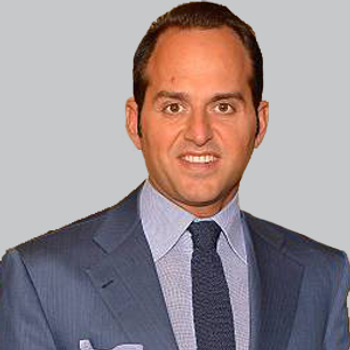
The FDA’s decision to allow at-home dosing of intransal foralumab for patients with multiple sclerosis is likely to improve patient compliance to treatment and health outcomes, according to a recent release statement.
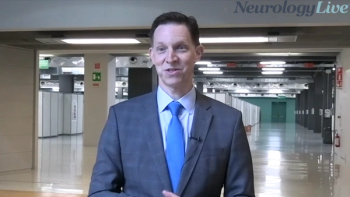
The director and founder of The MS Center for Innovations in Care provided thoughts on the potential role of biosimilars in treating multiple sclerosis and the steps needed to ensure that this integration process is safe. [WATCH TIME: 4 minutes]
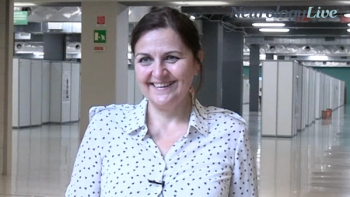
The neurologist in the Danish Multiple Sclerosis Center at Copenhagen University Hospital discussed the debate surrounding the use of hormone therapy in multiple sclerosis treatment, highlighting the need for more clinical evidence to support its use. [WATCH TIME: 5 minutes]

After a median follow-up of 19 months, only the physical component on the Multiple Sclerosis Impact Scale was worsened in the discontinuation group.
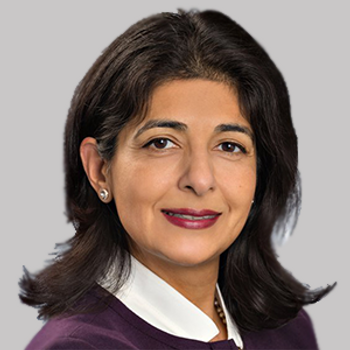
Over a 6-month treatment period, investigators observed either stabilization or improvement on outcomes of Expanded Disability Status Scale, MFIS, T25FW, and pyramidal score.
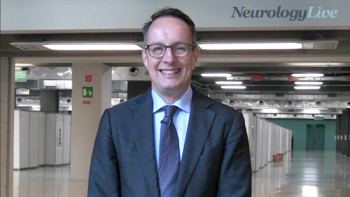
The global program head of the development unit for neuroscience at Novartis talked about the evolving landscape of mental health care for multiple sclerosis including the accessibility barrier that remains for patients in many regions. [WATCH TIME: 4 minutes]

The head of Biogen’s MS and Immunology Department Unit provided an overview of FUSION, a currently recruiting study assessing the efficacy and safety of BIIB091 as a monotherapy and in combination with diroximel fumarate.






